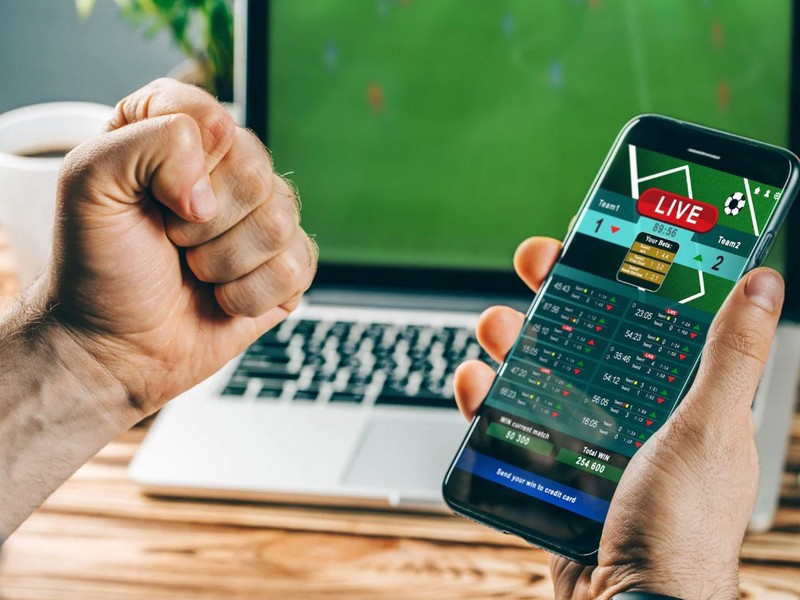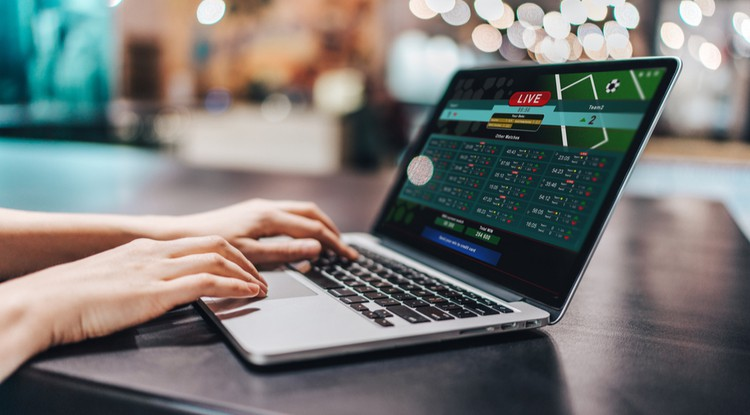
Many players are under the impression that their chances of winning the next wager improve after they have suffered a loss, particularly after they have suffered a string of consecutive defeats, which is another frequent misunderstanding. As a result, they resort to progressive betting techniques like catch-up in order to win.
Avoid Psychological Traps
Unfortunately, it is nothing at all like that; rather, it is a psychological trap. In point of fact, the probability of winning your wager does not change depending on the number of times you have been unsuccessful in the past. The probability of rolling a tail on the following toss of an ideal coin does not alter after you have rolled numerous heads in a row; it continues to be fixed at 50 per cent throughout the process.
Learn To Call It Quits
Learn when to call it quits. All of these tales, in which a person thinks that he cannot be so unfortunate, puts more and more, increases the bet in the goal of replacing all lost, don’t lead anywhere good — in most cases, you will continue to go bankrupt.
Don’t Overestimate

On the other side, you shouldn’t put too much stock in the extremely lucky periods. This system is utilized by many breeders. They make an account, hand out a good streak in a short distance (for example, 10+ in a row), attract naive customers to themselves, and then stop the free shop while claiming that the streak will continue to be that way.
On the other hand, there are failures that are no longer widely known by the general population. It is not worth going to great lengths; even on the subject of sports, you may provide a few recent examples.
Choose Beneficial Deals
A lot of people think betting is just like going to a casino: a lot of exciting things can be found over there as well. And there, too, many people have the mindset that victory is impossible to achieve. However, there is a key distinction between a bookmaker and a casino that, when taken together, completely alters the dynamics of the situation.
If all of the probabilities were known in advance when playing casino games, then no one, not even bookies, could accurately predict the likelihood of actual athletic events. Therefore, circumstances are not completely implausible, and furthermore, there are frequent occurrences in which bookmakers offer odds of more than two for events whose actual chance is approximately fifty percent.
What does it mean for a player to profit at a distance if they make such bets? The movement of the line is an example of indirect evidence that betting analysts are not entirely sinless when assessing the probabilities of events and placing odds on them. This is evidence comes in the form of instances in which the favourite in a match changes to the exact opposite over the course of the match.